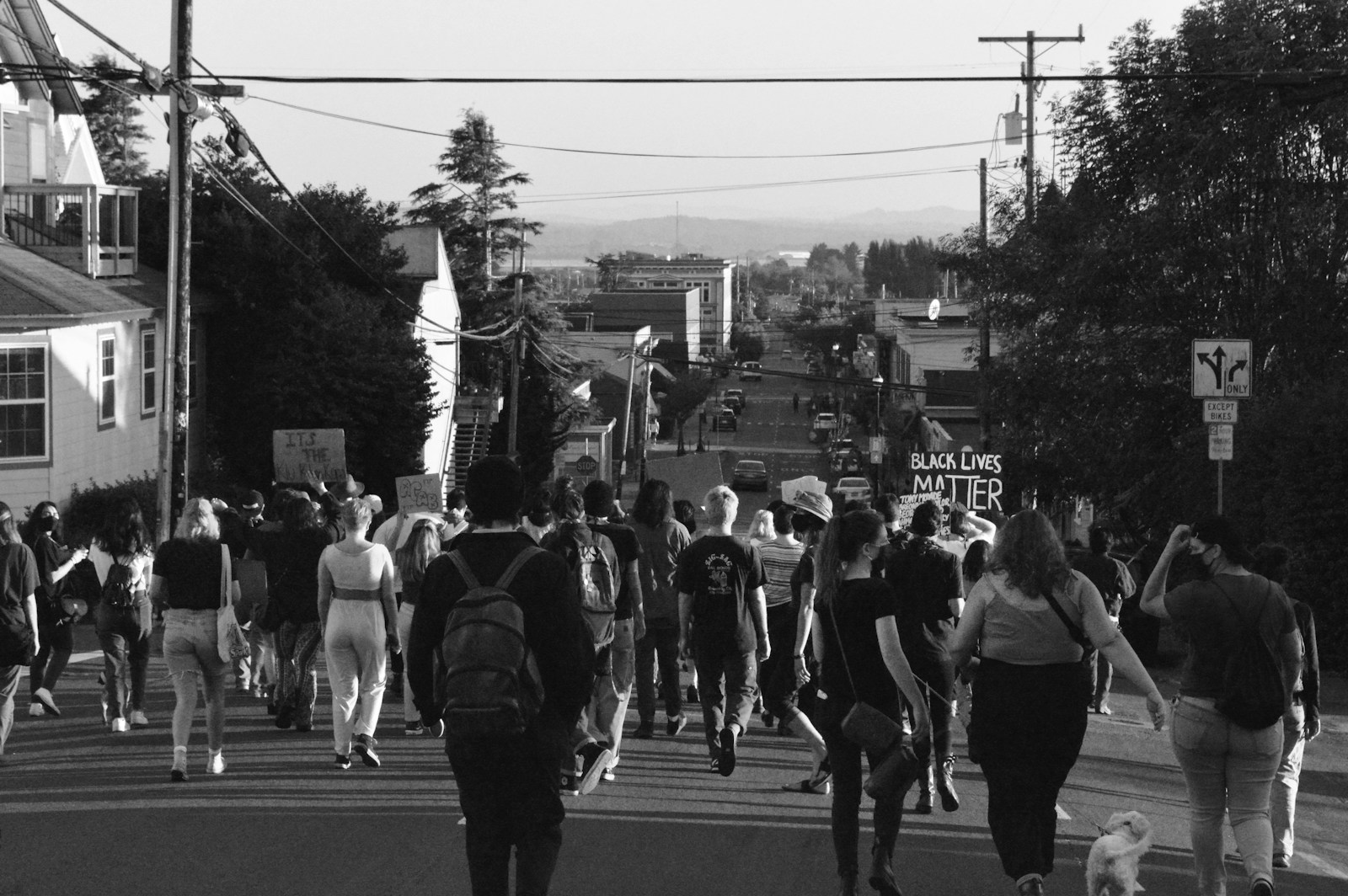Key Takeaways
• Over 1,000 students from four DC universities staged a walkout.
• They oppose the DC takeover by federal troops and police.
• Protesters view it as an attack on democracy and DC rights.
• Senators Ed Markey and Pramila Jayapal joined the rallies.
• Students pledge to keep resisting any threats to their freedoms.
Why the DC takeover Sparks Student Action
More than a thousand students from American University, Georgetown University, George Washington University, and Howard University walked out. They demanded an end to the DC takeover by federal troops and a shift in control of the Metropolitan Police Department. They say the move erodes local rights and bypasses the city’s government.
The protest began on campus sidewalks and quickly grew into a large march. Students chanted slogans, carried handmade signs, and rallied for the protection of DC residents’ voices. They believe the president’s decision forces federal power onto the city, making everyday life feel controlled by outsiders.
How Students Act to Stop the DC takeover
First, students organized through social media, sharing flyers and private messages. Then, youth groups like Sunrise Movement helped spread the word. As a result, campuses filled with students eager to show solidarity. One organizer stressed that they refuse to be silenced when their rights are at stake.
Next, student leaders met in small groups to plan safe routes for the walkout. They set up water stations and first-aid spots along the march path. This careful planning kept the protest peaceful and united. Even when National Guard vehicles moved nearby, students stayed calm and kept singing protest songs.
Lawmakers Join Forces Against the DC takeover
Progressive lawmakers also showed support. Senator Ed Markey and Representative Pramila Jayapal arrived on campus to speak. They backed the students and denounced the DC takeover as an “unprecedented attack” on democracy. They urged Congress and courts to act quickly.
At Georgetown University, the congresswoman warned that seizing local police power sets a dangerous national example. She argued that the Constitution’s checks and balances are failing right now. Meanwhile, Senator Markey reminded everyone of the January assault on the Capitol, where the president did not send troops to stop violence. Now, he said, federal forces are being used to create fear.
What the DC takeover Means for the Capital
The DC takeover shifts control of local policing from elected leaders to federal appointees. It lets the president deploy National Guard troops without city approval. Consequently, residents and their representatives lose power over laws that affect daily life.
Students point out that the takeover targets districts with large Black and brown populations. They worry federal forces will use aggressive tactics and intimidate peaceful protesters. Moreover, they fear this move will spread to other cities, making street protests riskier everywhere.
A Wider Fight for Democracy and Rights
Beyond DC, this protest is part of a larger struggle over power and free speech. Students see their walkout as a statement that no one should use military force to quash dissent. They highlight that young voices have fueled past social changes, from civil rights to climate action.
They also connect the DC takeover to efforts in other Democrat-led cities. For example, federal agents have appeared in Chicago and Los Angeles. Students warn that if federal control goes unchecked, similar actions could break out in any major city. As a result, people might lose trust in local government and police.
What Could Happen Next?
In response to the protests, DC’s attorney general filed a lawsuit. A congressional resolution also aims to end the takeover. If Congress passes it, federal troops and police would have to leave. However, the president could veto such a bill, delaying any change.
Meanwhile, students plan more demonstrations. They call on DC’s mayor and city council to stand firm. They also ask other citizens to speak up for local rule and rights. Their next steps include letter-writing drives, more campus events, and letters to lawmakers.
Ultimately, the future of the DC takeover may rest on court rulings. Judges will decide if the president can federalize a local police force without local consent. Until then, students and lawmakers promise to keep the pressure high.
Frequently Asked Questions
How many students joined the protests?
Over a thousand students from four universities took part in the walkout. They spoke out against federal control over DC policing.
Why do students call it a takeover?
They use this word because federal forces now control the city’s police, bypassing elected leaders. This limits DC residents’ power over local safety decisions.
What role did lawmakers play in the marches?
Senator Markey and Representative Jayapal attended rallies, spoke to students, and called for Congress to block the federal takeover. They gave public support to the protest.
What might happen if courts back the president?
If judges allow the federal takeover, local leaders would lose even more authority. Students worry other cities could face similar federal interventions.
